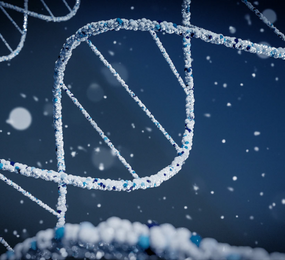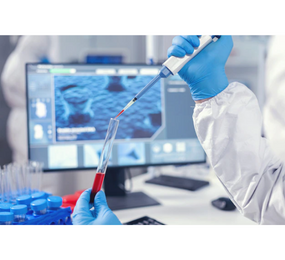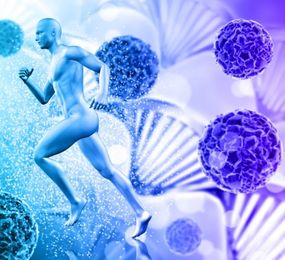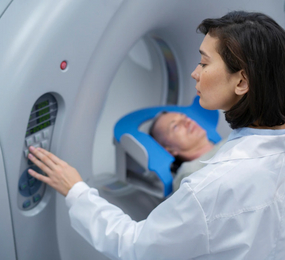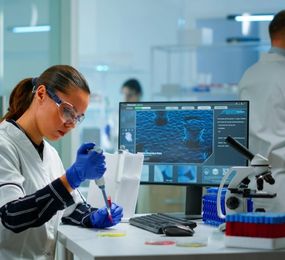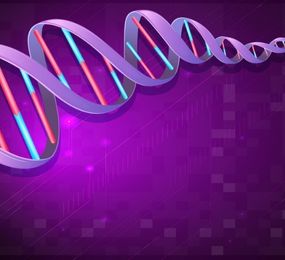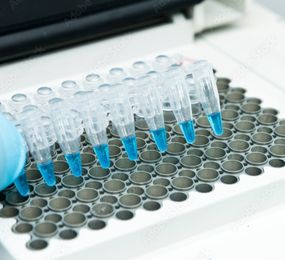The global demand for protein is on the rise, driven by population growth and shifting dietary preferences. Traditional protein sources like meat production have significant environmental drawbacks, prompting the search for sustainable alternatives. Enter biomanufacturing with engineered yeasts – a revolutionary approach with the potential to transform food production.
Why Engineered Yeasts?
Yeasts are single-celled organisms with a long history in food production, used in bread making, beer brewing, and more. They offer several advantages for sustainable protein production:
-
Fast Growth: Yeasts reproduce rapidly, allowing for efficient protein production in a short time frame.
-
Versatility: They can be grown on various feedstocks, including sugars derived from plant waste or renewable sources.
-
Genetic Engineering: Scientists can modify yeast genes to produce specific proteins with desired qualities, like complete amino acid profiles mimicking animal protein.
Biomanufacturing Process:
Biomanufacturing with engineered yeasts involves several steps:
-
Strain Development: Scientists design and engineer yeast strains to produce the desired protein.
-
Fermentation: The engineered yeast is grown in large fermentation tanks containing nutrients and a suitable feedstock.
-
Downstream Processing: The yeast cells are separated, and the target protein is purified and concentrated.
Benefits of Biomanufactured Protein:
-
Sustainability: Yeast production requires less land and water compared to traditional livestock farming, reducing environmental impact.
-
Scalability: Biomanufacturing facilities can be easily scaled up to meet growing demand for protein.
-
Nutritional Value: Engineered yeasts can be tailored to produce protein with complete amino acid profiles, making it a valuable source of nutrition.
-
Reduced Allergens: Unlike some plant-based protein sources, yeast-derived protein can be engineered to be hypoallergenic.
Challenges and Future Outlook
While biomanufacturing with engineered yeasts holds immense promise, some challenges remain:
-
Cost-effectiveness: Optimizing the biomanufacturing process and scaling up production are crucial to bringing down costs.
-
Consumer Acceptance: Public perception and acceptance of biomanufactured food is evolving, but education and outreach are needed.
Despite these challenges, the future of biomanufactured protein with engineered yeasts looks bright. Ongoing research and development are continuously improving efficiency and product quality. As the technology matures and consumer acceptance grows, biomanufactured protein has the potential to play a significant role in creating a more sustainable and secure food supply for the future.
To register or learn more about the Forum please check here: https://bit.ly/3WRMLFS.
For more information and group participation, contact us: [email protected]


